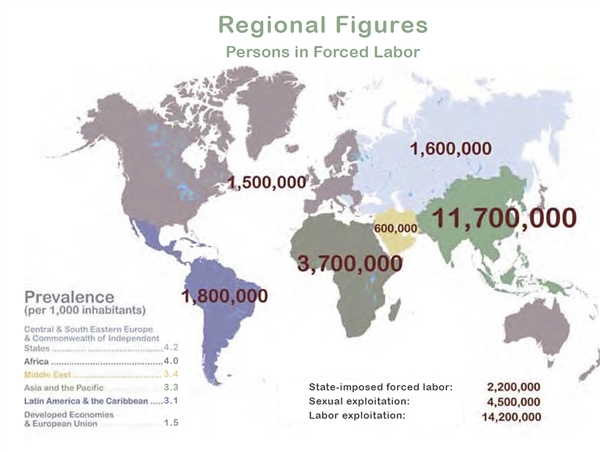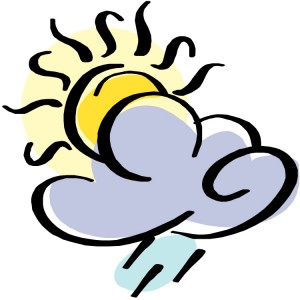The terms sustainability or sustainable living are currently fad concepts that are bandied about by those seeking to be politically correct—whatever that is supposed to mean. Wikipedia, the online encyclopedia, defines sustainability as follows:
Sustainability is the capacity to endure. For humans, sustainability is the long-term maintenance of responsibility, which has environmental, economic, and social dimensions, and encompasses the concept of stewardship, the responsible management of resource use. In ecology, sustainability describes how biological systems remain diverse and productive over time, a necessary precondition for the well-being of humans and other organisms.
Well, as the writer of the Book of Ecclesiastes said, there is nothing new under the sun. In the beginning, Elohim placed man in the idyllic paradise called the Garden of Eden instructing him to tend (serve, work, till, dress) and to keep (guard, observe, protect) the garden (Gen 2:15). Man was commanded to become the steward of what Elohim had created—to preserve, maintain and to care for it.
These instructions of YHVH’s have never been rescinded to this day even though modern environmentalists and conservationists may think they originated the idea of responsible stewardship of the environment. Long before Rosseau, Thoreau, the Sierra Club, Germany’s Green Party, and the Environmental Protection Agency (the EPA) in America the Torah was preaching sustainable living and responsibly caring for the environment—YHVH’s creation. Let’s note how:
- For the overall health and vigor of fruit trees, they were to be allowed to become established for three years before commercially harvesting their fruit (Lev 19:23–25).
- So as not to deplete the soil’s fertility, agricultural land was to lay fallow every seventh year (Lev 25:2).
- Fruit trees were to be preserved in times of war (Deut 20:19).
- So as not to mongrelize similar types of fruits and vegetables through cross pollination, mixed seeds were not to be sowed together (Lev 19:19; Deut 22:9).
- Interbreeding of diverse kinds of livestock was prohibited (Lev 19:19).
- Work animals were allowed to eat the grain that they helped to thresh (Deut 25:4).
- If a farm animal was injured or in danger, one was obligated to help the animal even if it belonged to someone else (Deut 22:4).
- For the safety and well-being of work animals, an ox and donkey were not to be yoked together when plowing (Deut 22:10).
- Work animals were to be allowed to rest on the Sabbath (Exod 20:8–11; Deut 5:14).
- Bird’s nests and young hatchlings were to be cared for (Deut 22:6–7).
- Humans were to care for the earth (and prevent diseases) by burying their excrement (Deut 23:13).
- The establishment of toxic waste dumps for disease contaminated materials (Lev 14:43–47).
What are some other biblical examples of YHVH mandating that humans care for the environment?






